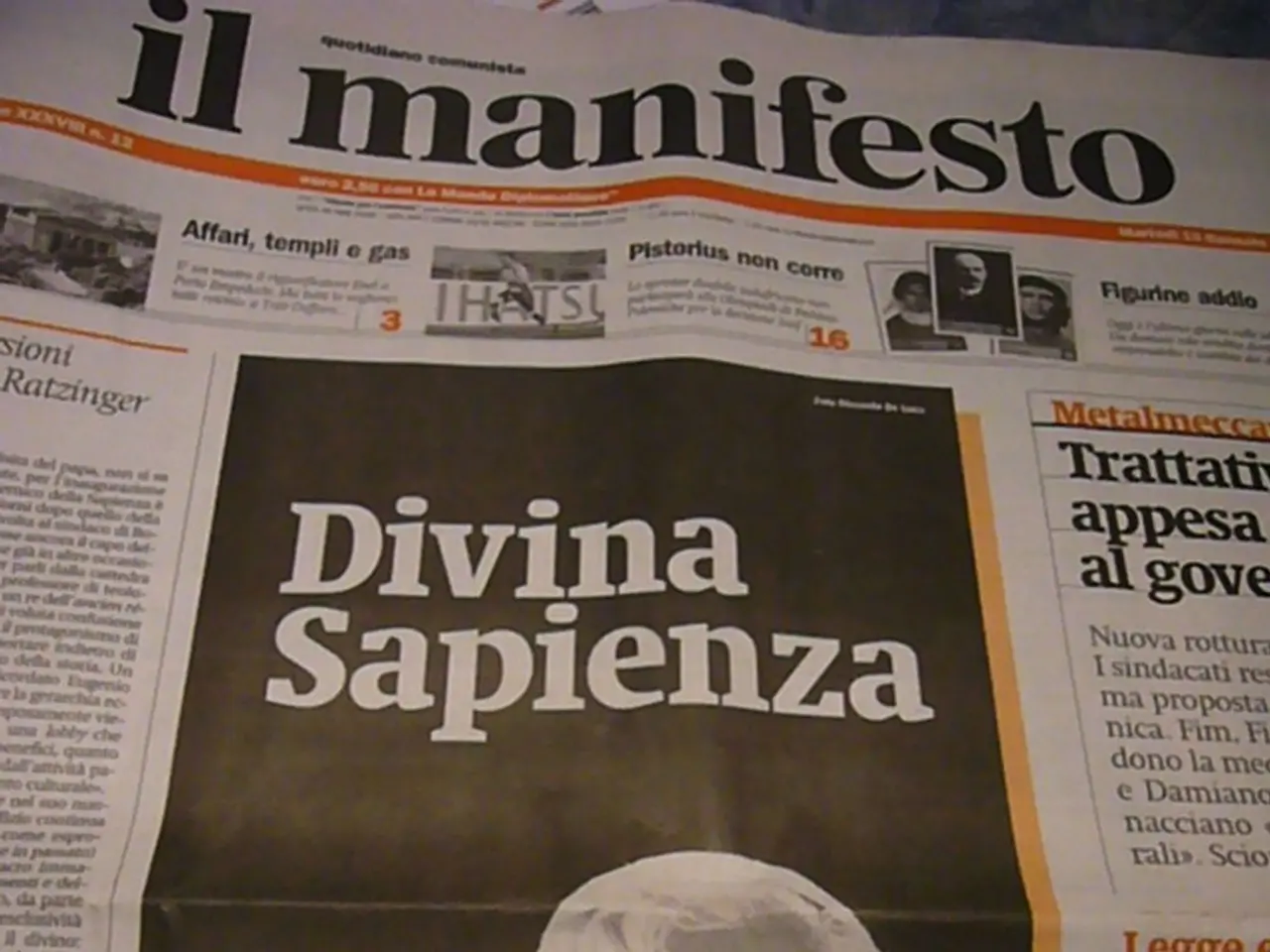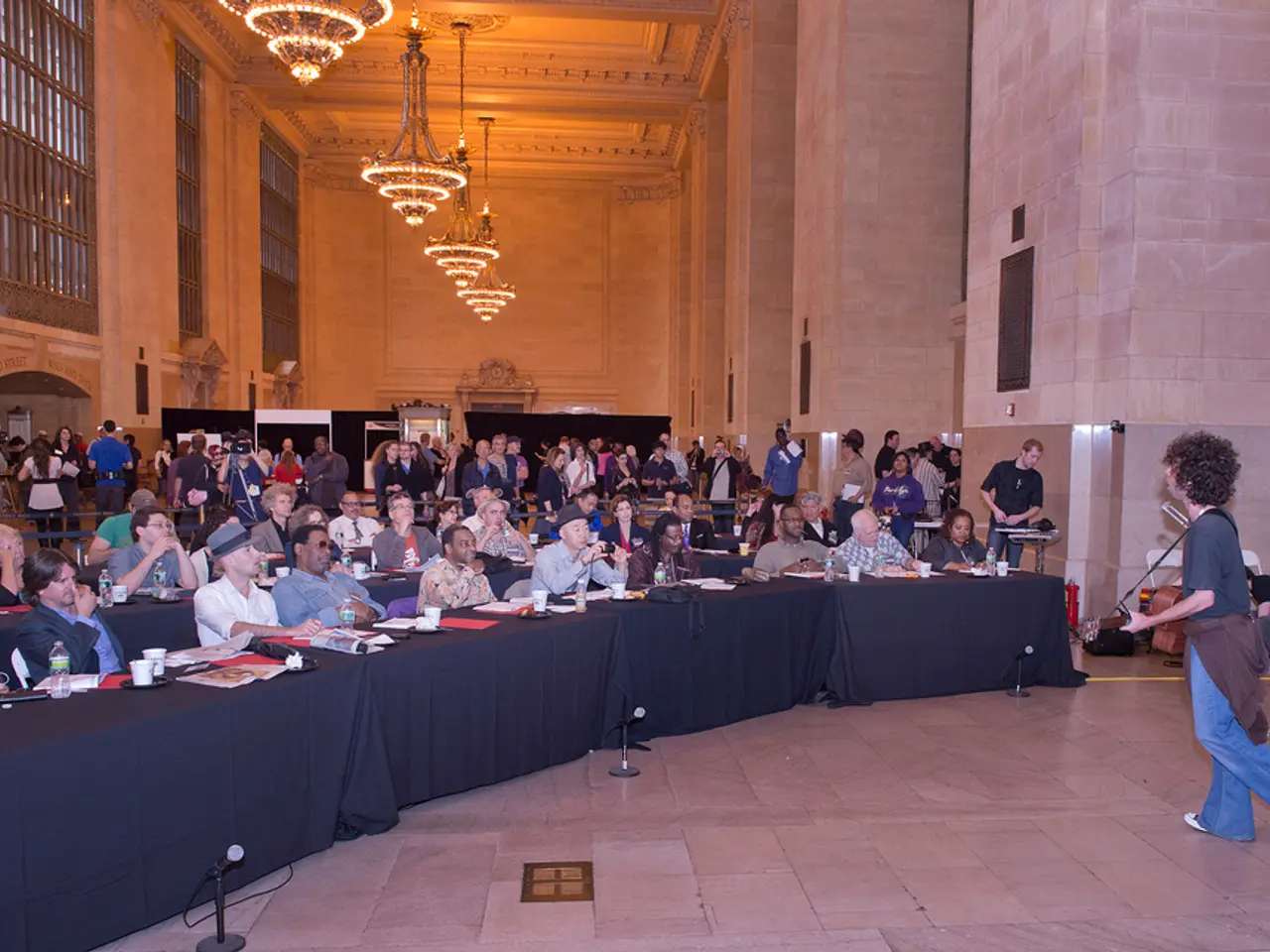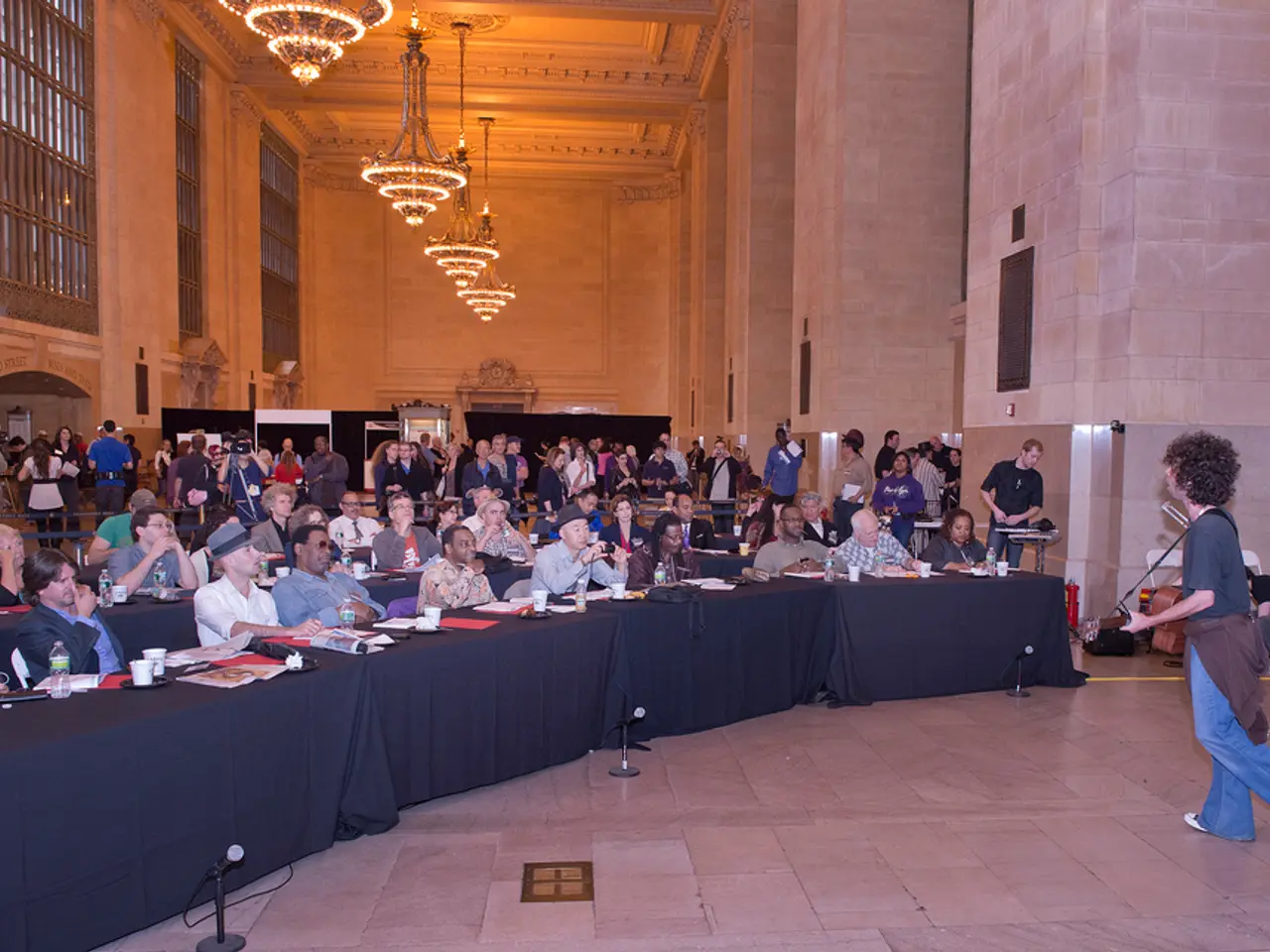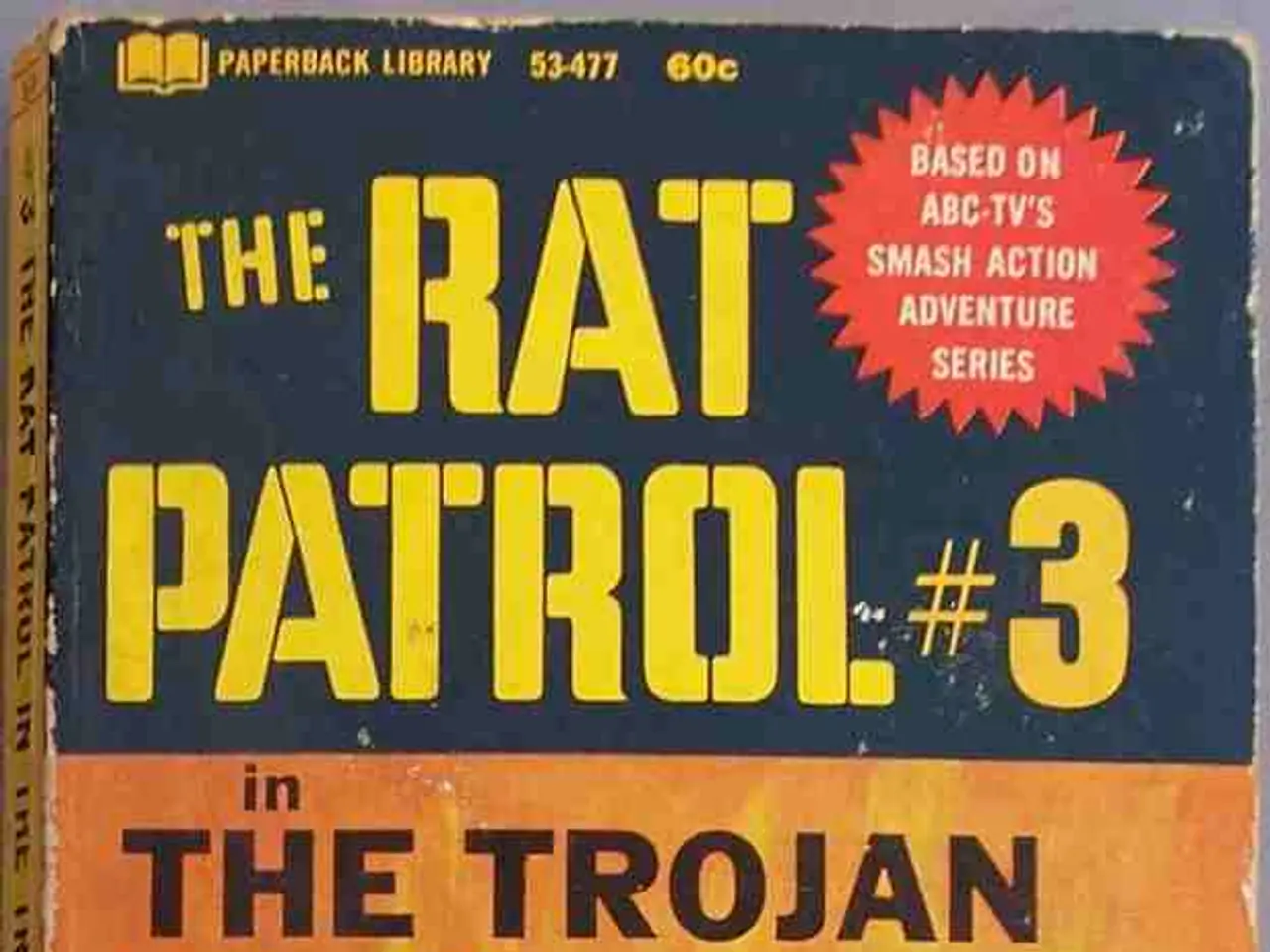Unsolicited Correspondence:
In the digital age, the battlefields have expanded beyond physical borders, with information warfare, fake news, and media manipulation now primary battlegrounds. These tactics, designed to sow distrust, disguise lies as truth, and make allies look like enemies, are causing people to turn against each other [1].
The TV series Zero Day (零日攻擊) serves as a reflection of Taiwan's vulnerabilities in a potential conflict. The series underscores the potential dangers of these threats in Taiwanese society, emphasising the need for a proactive response [2]. Zero Day highlights the erosion of democracy in Taiwan, caused by bad habits of mindlessly spreading false rumors and remaining in echo chambers [3].
The blurring line between news and entertainment poses a significant challenge in combating disinformation. The series implies that this issue is far from theoretical, but could become a reality if not addressed [4].
Taiwan can combat pro-China disinformation and media manipulation by fostering media literacy, ensuring trusted news sources, and implementing proactive offensive disinformation strategies. Developing national political unity around external threats is also crucial to counteract psychological operations and coordinated cyberattacks aimed at sowing confusion and manipulating public perception [5].
Enhancing media literacy among the population helps citizens critically evaluate information and resist propaganda. Establishing trusted news outlets and official fact-checking platforms can help identify and expose disinformation early [1]. Taiwan’s recent military exercises integrated not just defence readiness but also efforts to inoculate the public against misinformation, highlighting the importance of societal resilience alongside military preparedness [3].
Coordinated cyberattacks, including DDoS attacks and hacking of public infrastructure like electronic billboards, are part of China's disinformation toolkit aimed at creating a fog of confusion and fear. Taiwan must reinforce cybersecurity and rapid response capabilities alongside information efforts [2][5].
Taiwan’s government has experience from recent elections and recall votes where massive disinformation campaigns preceded political events, underscoring the need for continual vigilance and public awareness campaigns [4]. Collaboration between government agencies, civil society, and international partners to share best practices and intelligence on disinformation campaigns improves Taiwan's ability to respond [1][4].
In summary, Taiwan’s approach includes multi-layered efforts combining public education, media integrity, cybersecurity, political unity, and international cooperation to counter pro-China disinformation and manipulation effectively within its democratic society. Refusal to acknowledge the silent war portrayed in Zero Day could lead to "zero day" becoming a reality in Taiwan's future.
References: [1] Chang, Y. (2021). Disinformation and Taiwan's democracy. The Diplomat. https://thediplomat.com/2021/01/disinformation-and-taiwans-democracy/ [2] Chen, Y. (2020). Taiwan's cybersecurity strategy in the age of information warfare. The Dialogue. https://thedialogue.org/2020/11/taiwans-cybersecurity-strategy-in-the-age-of-information-warfare/ [3] Lin, Y. (2021). Taiwan's military exercises focus on countering disinformation. The Straits Times. https://www.straitstimes.com/asia/east-asia/taiwans-military-exercises-focus-on-countering-disinformation [4] Lee, C. (2020). Taiwan's struggle against disinformation. The New York Times. https://www.nytimes.com/2020/07/10/world/asia/taiwan-disinformation.html [5] Tsai, C. (2021). Taiwan's cybersecurity challenges in the face of external threats. The Diplomat. https://thediplomat.com/2021/03/taiwans-cybersecurity-challenges-in-the-face-of-external-threats/
- In the digital age, social media has become a battlefield, where information warfare, fake news, and media manipulation are rampant, not only in Taiwan but also in other societies, as seen in the TV series Zero Day.
- Amidst the rise of disinformation and media manipulation, it is essential for Taiwan to strengthen its cybersecurity, promote media literacy, and establish trusted news sources, to maintain the integrity of general news, politics, entertainment, and war-and-conflicts-related information in social media.






